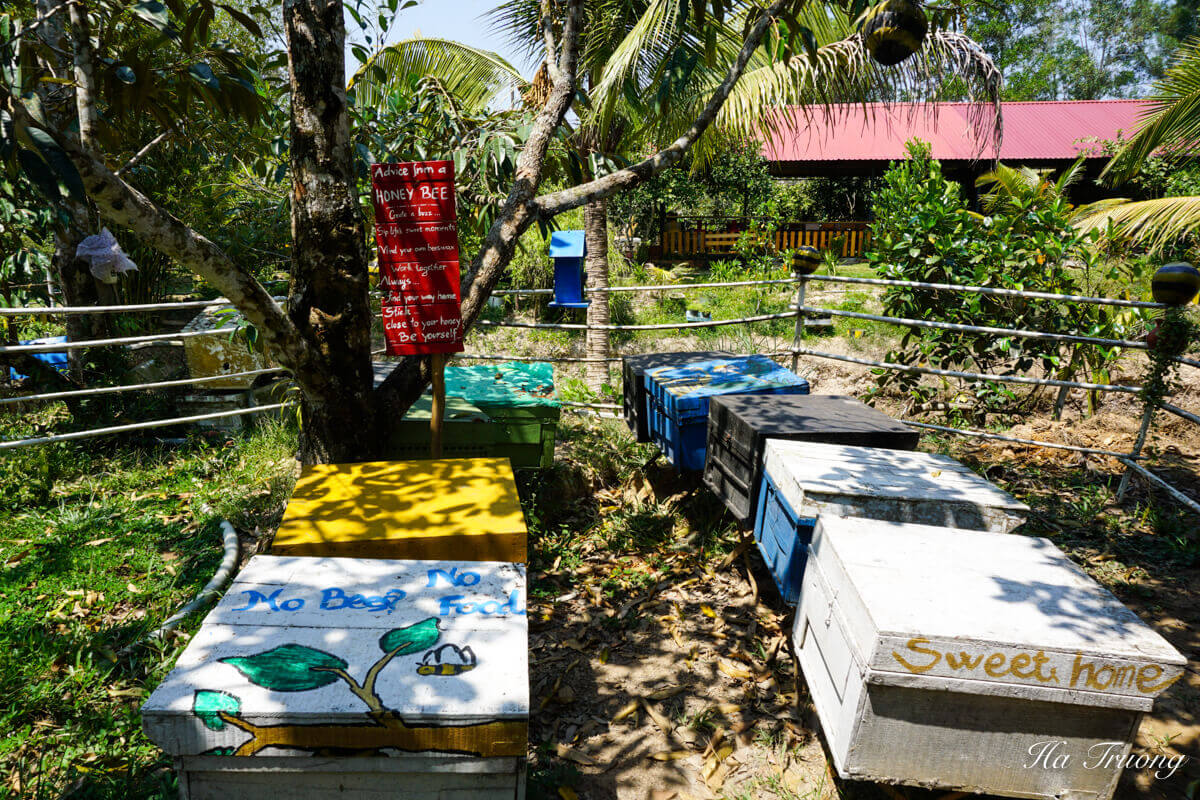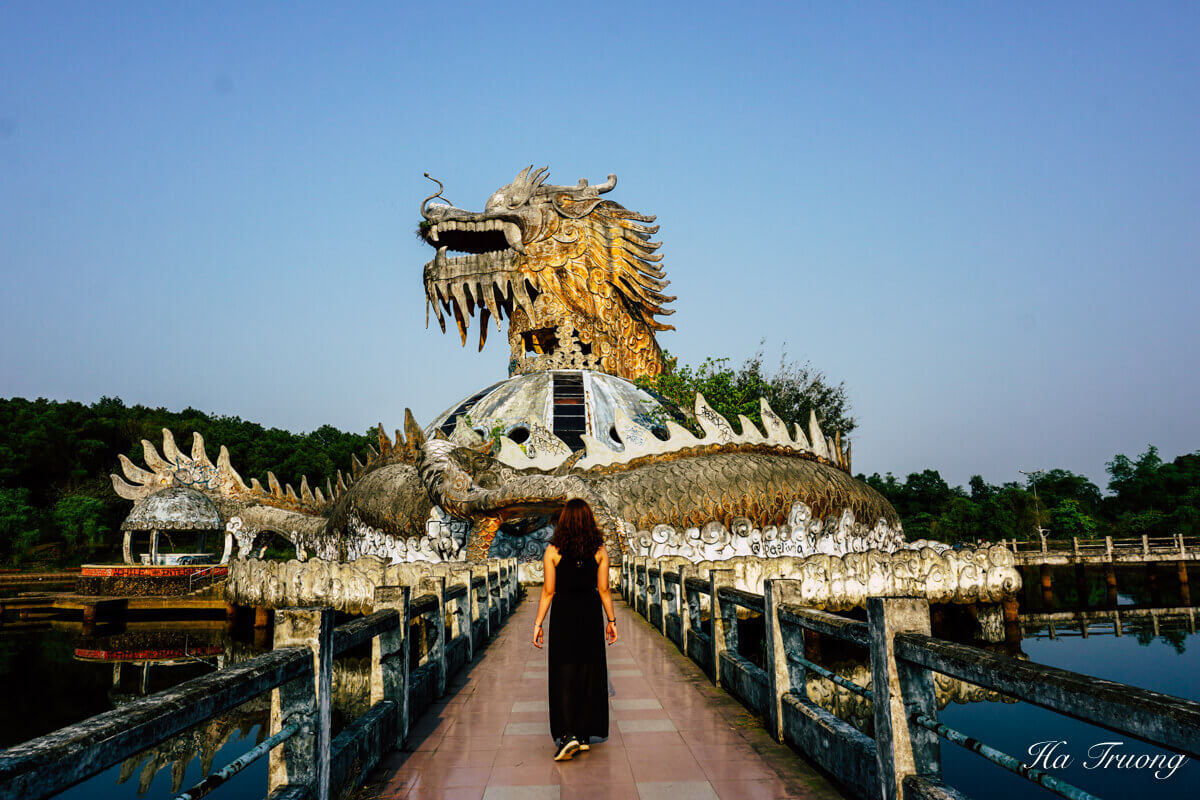Explore National Oceanographic Museum Nha Trang Vietnam
We spent a lovely hour and a half at the National Oceanographic Museum on our trip to Nha Trang, Vietnam. The museum is quite large, offering impressive collections and displays of sea creatures.
In this article, you can read our review and learn some useful information before visiting here.

Things to know before visiting the National Oceanographic Museum
1. Where is the National Oceanographic Museum?
The French built Nha Trang Institute of Oceanography in 1923 in Nha Trang, where has the most diverse marine life in Vietnam.
The Museum of Oceanography is an inseparable part of the Institute of Oceanography, along with its history of nearly a century of foundation and development.
Address: 01 Cau Da, Vinh Nguyen ward, Nha Trang city, Khanh Hoa province.
2. When is the National Oceanographic Museum open?
The museum opens daily from 6 am to 6 pm, so there’s plenty of time to plan your visit.
3. Ticket price
The entrance fee to the Museum of Oceanography is 40,000 VND/ adult, about $2.
Also, there is no admission fee for visitors who are children under six years old or children with a height of less than 1.2m.

How to get to the National Oceanographic Museum?
The Institute of Oceanography is only about 6 km south of the city center. So, you can get there easily by taxi or bike.
1. By bike
Take the Le Thanh Ton street in the direction of Tran Phu. Then, drive to Tran Phu until you meet Cau Da Port.
You will see Nha Trang Institute of Oceanography with the lion’s symbol on the left-hand side.
The scooter rental fee in Nha Trang is from 85,000 ~ 150 000 VND per day. To get the best rate, book here.
2. By car
If you are traveling in a large group or with children, renting a private car charter in Nha Trang is a good idea!
With a local private driver, you can explore the city and other famous attractions in Nha Trang without worrying about roads or travel time.
3. By bus
At the Junction 6 or Le Thanh Ton stop, you can take the city bus line 4 to reach the Institute of Oceanography.
Bus No. 4 departs from Hon Xay, passes through the city center to the last station is Vinpearl Port.
You can stop at Cau Da station or Vinpearl Port station and take a short walk to the National Oceanographic Museum.
Bus timetable: Bus No.4 starts at 5:10 am and finishes at 19:10, with an average time of 45 minutes.

What to see at the National Oceanographic Museum
The museum exhibits and preserves more than 20,000 marine specimens for scientific, communication, and education purposes.
The museum consists of 5 main areas:
- Marine and mangrove aquarium
- Large specimen exhibition
- Artificial reef
- Paracel Islands – Truong Sa sea resources
- Marine biodiversity
1. Marine and mangrove aquarium
Visiting here, you can see the system of marine aquariums with more than 300 species. In addition, there is a small mangrove forest on the museum’s sightseeing grounds.

Exploring the coral reef area, we could see underwater structures with natural and artificial materials. 


Do you know that sea urchins don’t have eyes? Instead, they can see with their tentacle-like tube feet!
2. Large specimen exhibition
The 18m-long giant whale skeleton is my favorite place to visit in this museum.
It was fascinating to see a complete humpback whale skeleton previously buried in the Red River Delta ground for over 200 years.
In addition to the whale skeleton, the area also has an exhibition of dugong and a 3.5 meter-long fish.


3. The coral reef area
This area didn’t capture our interest much, but you can see man-made underwater structures to enrich aquatic organisms in the biologically poor sea area.
4. Truong Sa – Hoang Sa area
This area was established to introduce the resources and environment of the sea and islands in Vietnam.
At the same time, it raises awareness about the sovereignty and security of the sea – islands.

5. Marine biodiversity
If the aquarium offers the vivid beauty of marine life, the display of marine diversity is considered the institution’s unique feature.
It displays more than 23,000 specimens of 5,000 different species of saltwater and freshwater creatures collected and preserved for many years.


Our thoughts
This museum is an interesting spot, and we recommend visiting if you have a few hours to spare. It was fascinating to see different marine creatures and learn about them.
Most live creatures are swimming in small aquariums, and you will also see preserved sea specimens here.










